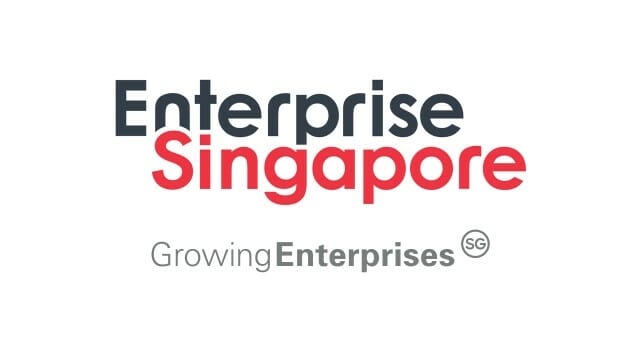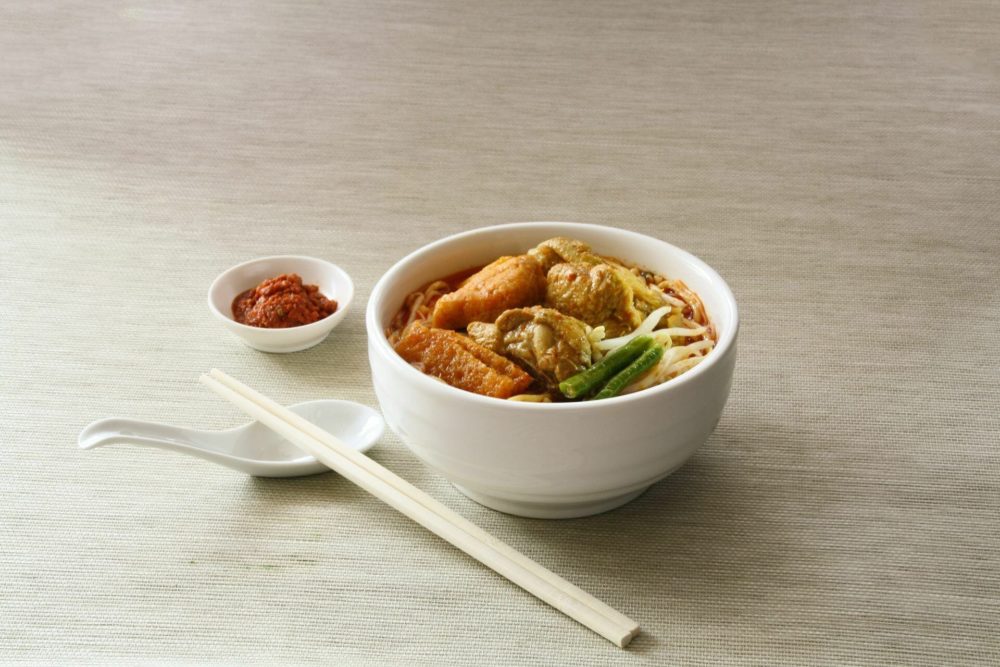GROW – the Southeast Asian agrifoodtech accelerator by AgFunder – is inviting startups from across the Asia-Pacific region to apply for its new program focused on food security: Singapore Food Bowl.
With the initial support of Enterprise Singapore and Dole Packaged Foods, Singapore Food Bowl brings industry and startups together to build more sustainable, resilient, and decentralized agrifood ecosystems in the wake of Covid-19, with Singapore’s ’30 by 30′ domestic sourcing goal in mind.
The pandemic – and the lockdowns and movement restrictions that have accompanied it – has made it abundantly clear that there’s an urgent need for us to rethink how and where we produce our food, and how it gets from farms and onto our plates.
It’s no longer enough for us to rely on industrial-scale farming and food processing, and imports from overseas, to provide the major part of our nutrition. Stay-at-home orders have kept factories and plants closed or at low capacity, with supply chains stuck in a rut and knock-on effects for cross-border trade.
The fundamentals of the agrifood system are being reassessed. Covid-19 is challenging us to ask ourselves: Is there a ‘third way’ that is better, and could we do more with less?
What we need are more localized solutions. The bounty brought to us by global trade needs to be matched with food produced locally, efficiently, and in an environmentally and socially sustainable way.
Singapore’s ’30 by 30′ challenge
While Covid-19 has pushed this problem into the spotlight, it was already a pressing issue before the pandemic.
This is especially the case for Singapore, the world’s second-most densely populated country. As a highly urbanized city-state of 6 million people living within just 280 square miles and with scant traditional farmland of its own, Singapore relies on imports to fulfill the vast majority of its food requirements.
Recognizing the need for enhanced food security, the Singapore government launched its ’30 by 30′ initiative in March 2019 – long before the word ‘coronavirus’ had entered the popular lexicon. Currently, Singapore sources less than 10% of its nutritional needs locally. As the name suggests, the plan is to ramp that share up to 30% by 2030.
The government followed this up last month with the 30×30 Express Grant – a S$30 million ($21 million) fund to boost domestic output of eggs, fish, and leafy greens.
Given the city-state’s physical limitations – with extremely little in the way of traditional agricultural land – this vision will only be achieved by enhancing traditional production methods with modern technology.
This means things like controlled environment agriculture, vertical farming, and alternative proteins, among others – areas that are already seeing a boost in activity thanks to 30×30. Solutions that eliminate food waste and digitize supply chains could also play a crucial role.
Singapore Food Bowl by GROW
That’s why GROW is launching Singapore Food Bowl – its new accelerator program delivered completely virtually to overcome the limitations imposed by Covid-19.
As far as we know, it’s the first agrifood accelerator program that’s tied to a national policy agenda – with the objective of tangibly shaping the local food landscape by helping entrepreneurs commercialize novel, sustainability-focused technologies.
It’ll be GROW’s third program, aside from its flagship accelerator for fast-tracking global agrifoodtech scaleups into the Asian market, and its pre-accelerator program focused on aspiring agrifoodtech entrepreneurs seeking to get their ideas off the ground.
Singapore Food Bowl brings regional industry players and entrepreneurs together to address the food system challenges and opportunities that have been brought to the fore by Covid-19. GROW is one of Enterprise Singapore’s key partners under the Startup SG Accelerator initiative. It is currently working with ESG to identify, groom, and invest in promising agrifoodtech startups, contributing to the vibrancy of Singapore’s startup ecosystem.
GROW is one of Enterprise Singapore’s key partners under the Startup SG Accelerator initiative. It is currently working with ESG to identify, groom, and invest in promising agrifoodtech startups, contributing to the vibrancy of Singapore’s startup ecosystem.
“Initiatives such as the Singapore Food Bowl accelerator will be important in driving activity and interest in the agrifoodtech ecosystem, as well as identifying novel innovations that can be applied to Singapore’s landscape,” said an Enterprise Singapore spokesperson.  GROW is excited to have Dole Packaged Foods as a lead sponsor in the Singapore Food Bowl accelerator. Dole has consistently shown interest and commitment in working with startups to explore new opportunities and help founders create a positive impact. The company will bring valuable contributions and industry insight to the program.
GROW is excited to have Dole Packaged Foods as a lead sponsor in the Singapore Food Bowl accelerator. Dole has consistently shown interest and commitment in working with startups to explore new opportunities and help founders create a positive impact. The company will bring valuable contributions and industry insight to the program.
“Dole is very proud to take leadership in nurturing and growing the Singapore agrifoodtech ecosystem, particularly during this time of uncertainty, when courage and foresight is needed to drive the sector forward,” said Pier Luigi Sigismondi, president of Dole Packaged Foods.
“Through our engagement with the local ecosystem, we hope to find solutions to help us solve many of the challenges our industry is facing – including equitable living and yield predictions for farmers; zero waste in our supply chain; new, innovative, sustainable packaging solutions; and more.”
In addition to Dole, GROW is engaging other local industry players to join the program and make an impact.
Apply now
Singapore Food Bowl is now accepting applications from early-stage startups that believe they fit the bill.
We’re looking for teams who are developing technologies that can make a marked difference to Singapore’s domestic food production capabilities.
This is your chance to join a world-class accelerator, where you’ll get access to AgFunder’s unrivaled network of almost 80,000 members and subscribers. There’ll even be a chance to secure future investment from AgFunder and our investor partners.
Prospective applicants should be incorporated in Singapore, or come from the Asia-Pacific region. You’ll need at least a minimum viable product (MVP) to be accepted into the program, which will last for up to 12 weeks.
Visit www.gogrow.co for more details, and submit your application here. The application period runs until 7 June 2020.





